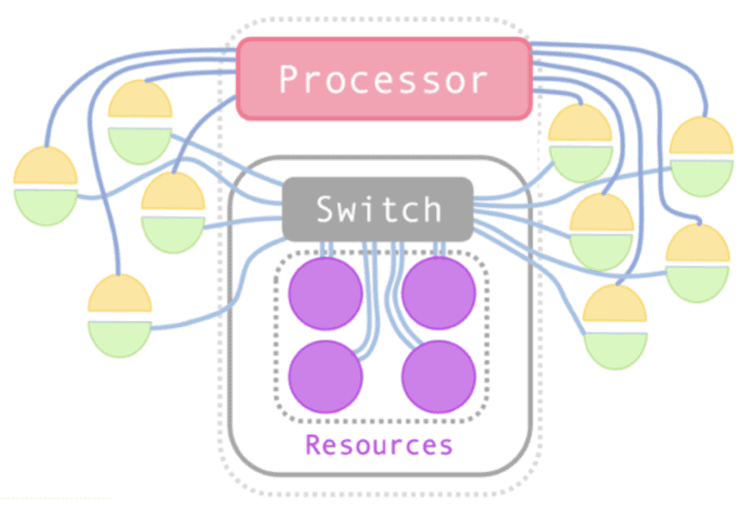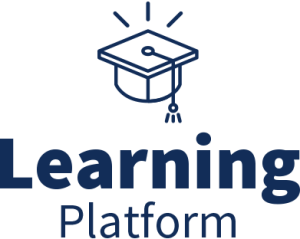06.02.2024Open Position MEP/BEP
Open positions for master thesis projects: Simulation of scheduling algorithms for a quantum network hub
Daily supervisor: Scarlett Gauthier (s.s.gauthier[at]tudelft.nl)
Project supervisor: Stephanie Wehner
Quantum network hubs make it possible to connect many sets of user-controlled end nodes for a fixed cost. The establishment of entangled links between quantum network nodes requires access to resources that enable entanglement generation. A hub has control over a pool of resources and may allocate them for periods of time to subsets of nodes, see Figure 1. Allocation of the resources is done according to some schedule, which is calculated by the hub and distributed to the nodes.

Figure 1: A quantum network hub connected to 9 nodes. The hub processor calculates a scheduling algorithm and distributes it to the nodes. The hub uses a switch to allocate resources to sets of nodes, enabling tasks like entanglement generation.
There are many types of scheduling algorithms, each with their own advantages. To avoid latency in network operation, simple schedulers that are not computationally complex are favorable. On the other hand, a more complex scheduler may outperform a simple scheduler in terms of a performance metric, at the cost of a higher schedule computation time. Examples of desirable performance metrics for quantum network hubs are the resource utilization and the proportion of scheduled user demands that are correctly fulfilled.
We have previously studied control algorithms for a quantum network hub [1]. We have implemented a hub and the functionality to schedule resource allocation according to an algorithm in the quantum network simulation package SquidASM. This project contributes to QIA, a collaboration with funding from the European Union, with the mission to build a large-scale quantum network by 2029.
Project Goals:
- Implement two scheduling algorithms in an existing simulation code base.
- Define a clear performance metric for comparing the two scheduling algorithms to each other and a pre-existing algorithm.
- Study the performance of the algorithms for different hub configurations in the presence of delay. Sources of delay may include the communication time across the network, the schedule calculation time, or the switching time at the hub.
Requirements:
At the start of the project the student should be familiar with Python and git (software for version control. Knowledge of real time systems is appreciated but not required.
References
[1] : S. Gauthier, G. Vardoyan and S. Wehner, “An Architecture for Control of Entanglement Generation Switches in Quantum Networks,” in IEEE Transactions on Quantum Engineering, vol. 4, pp. 1-17, 2023, Art no. 4100717, doi: 10.1109/TQE.2023.3320047.
